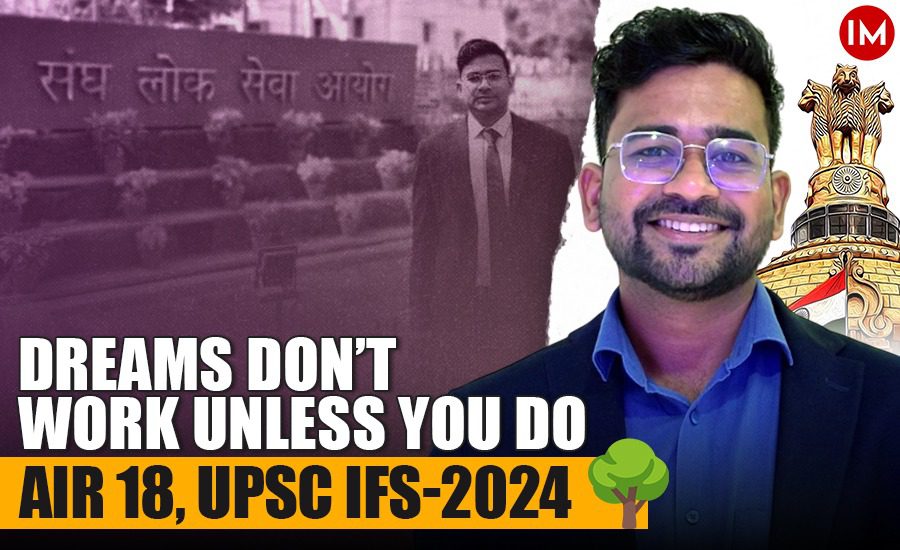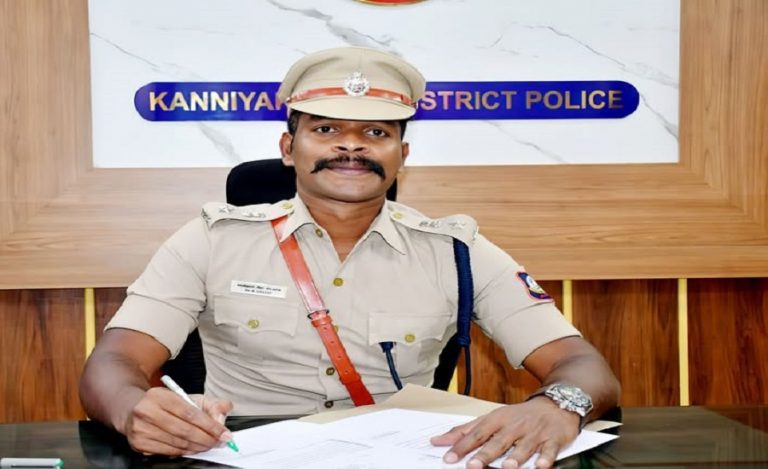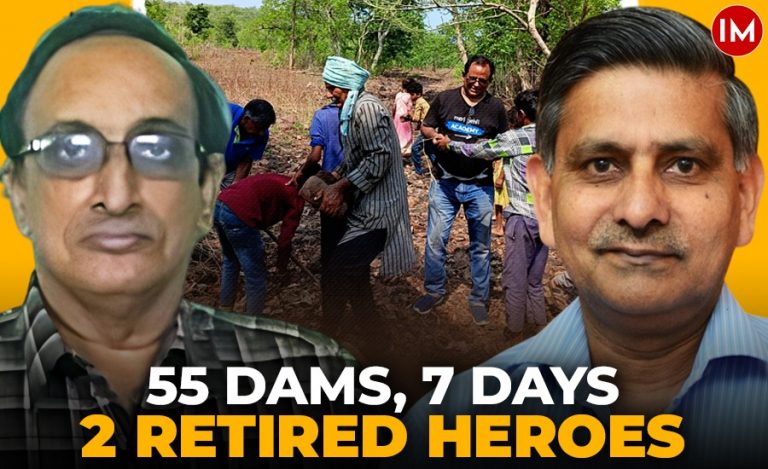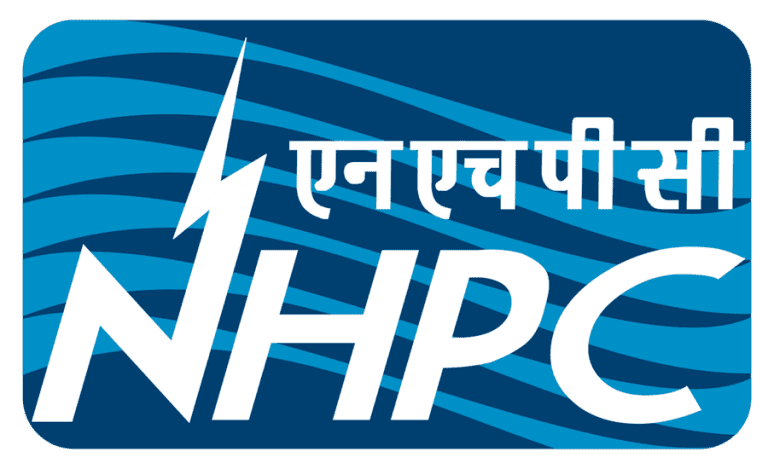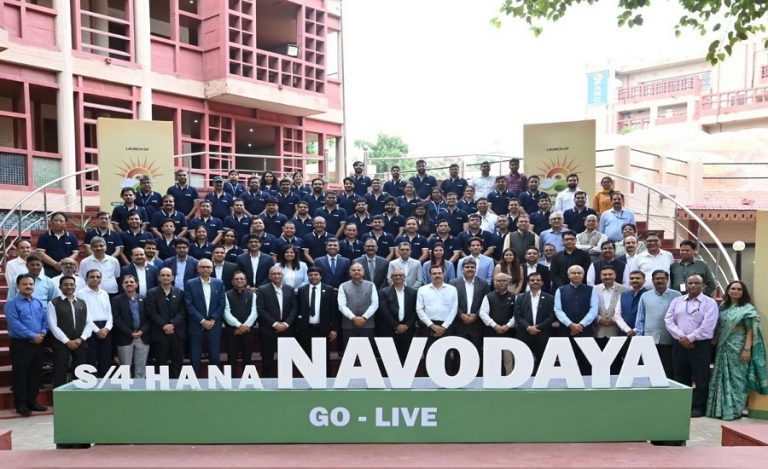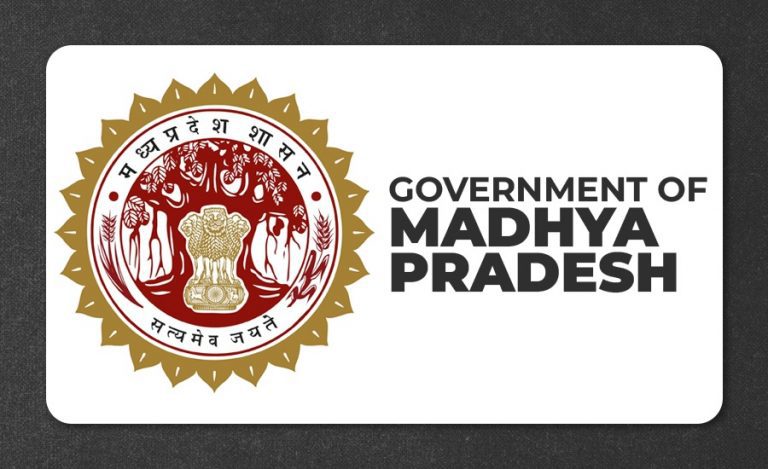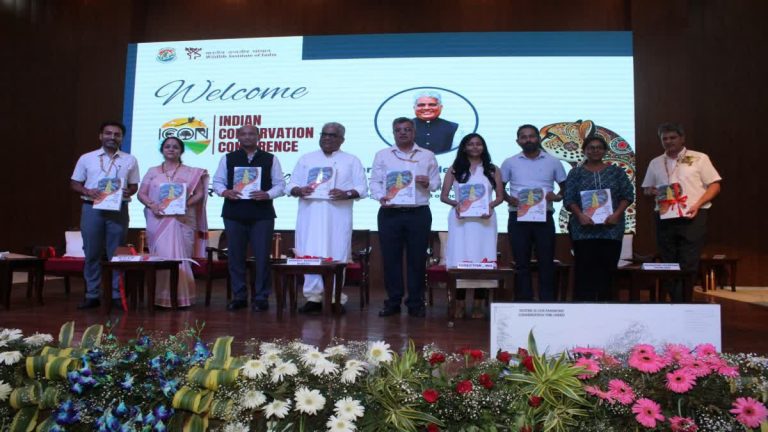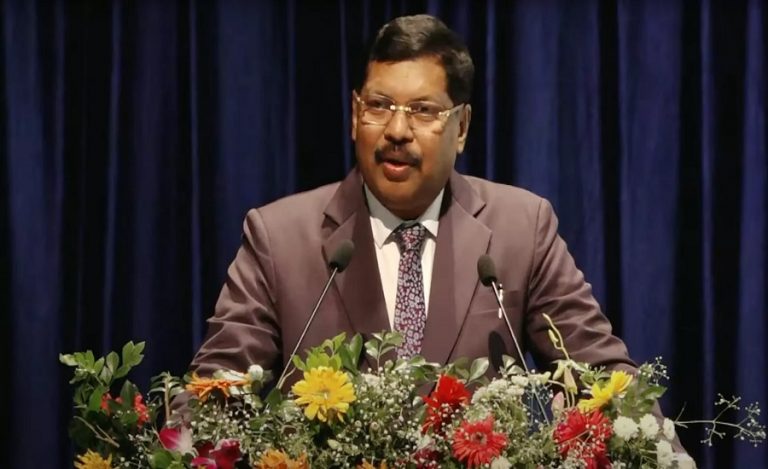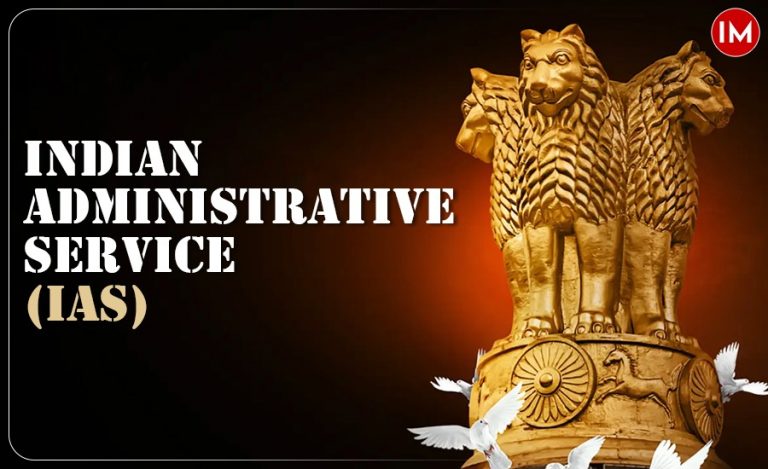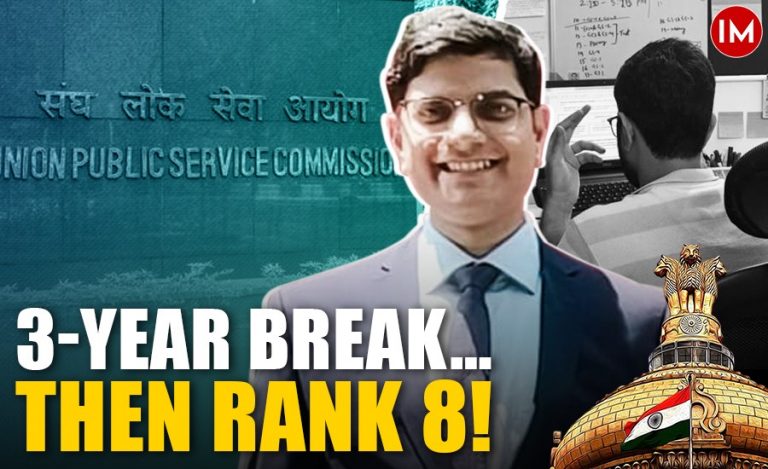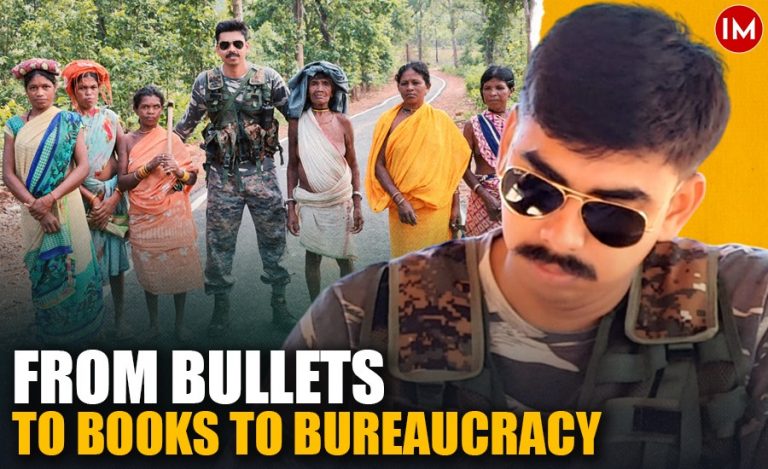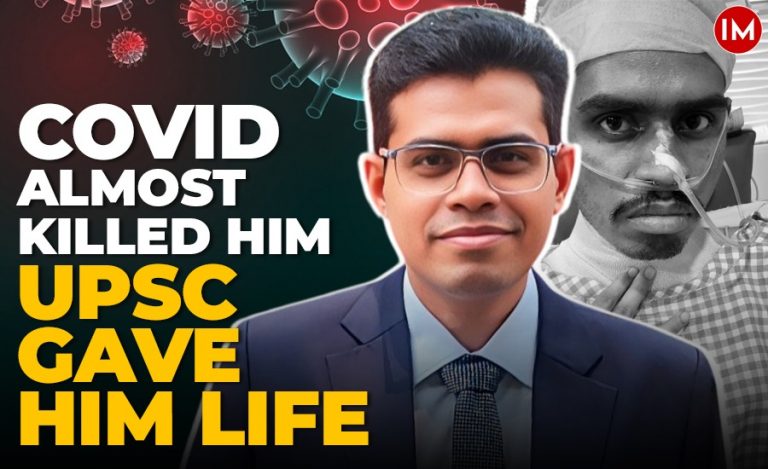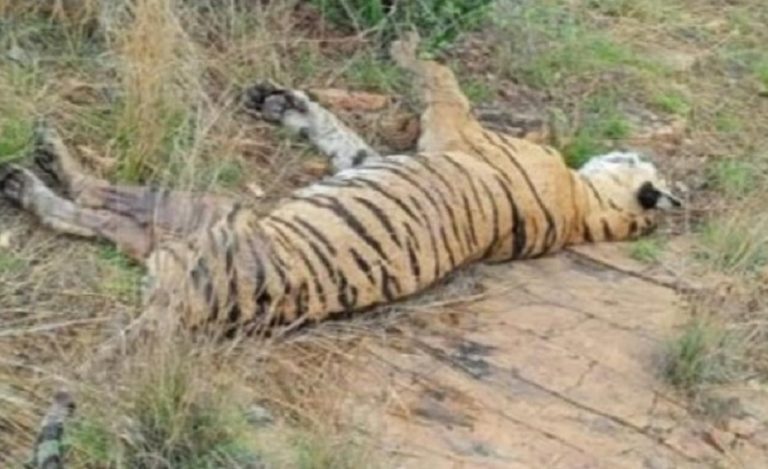“Success isn’t always found where you first aim – it’s where your perseverance ultimately leads you. I may have stumbled in the plains, but I rose in the forests.”
If Divyanshu Pal Nagar were a writer, this is how he might describe his UPSC journey. The path he walked was neither straight nor easy. He faced setbacks in the Civil Services Examination (CSE), but found his triumph in the Indian Forest Service (IFS). Destiny, it seems, does not reward only strength – it honors unwavering resolve.
Divyanshu’s journey is a source of inspiration for every UPSC aspirant. It teaches us that stumbling just before the summit doesn’t mean failure. Sometimes, it’s destiny preparing you for something greater – making you stronger, wiser, and more resilient.
After several attempts at the CSE, Divyanshu cracked the IFS exam with a remarkable rank in his second attempt. His experience offers valuable lessons on various aspects of UPSC preparation. But more than that, his story delivers a powerful message: no matter how tough the journey gets, keep moving forward. The goal is not out of reach – it’s waiting for you to arrive stronger.
Though he initially aimed for the Civil Services, he found fulfillment in the Forest Service. Why? The answer lies in how destiny shapes our path – often in ways we don’t expect, but later understand.
Indian Masterminds spoke with Divyanshu Pal Nagar to learn more about his inspiring journey and the strategy behind his success.
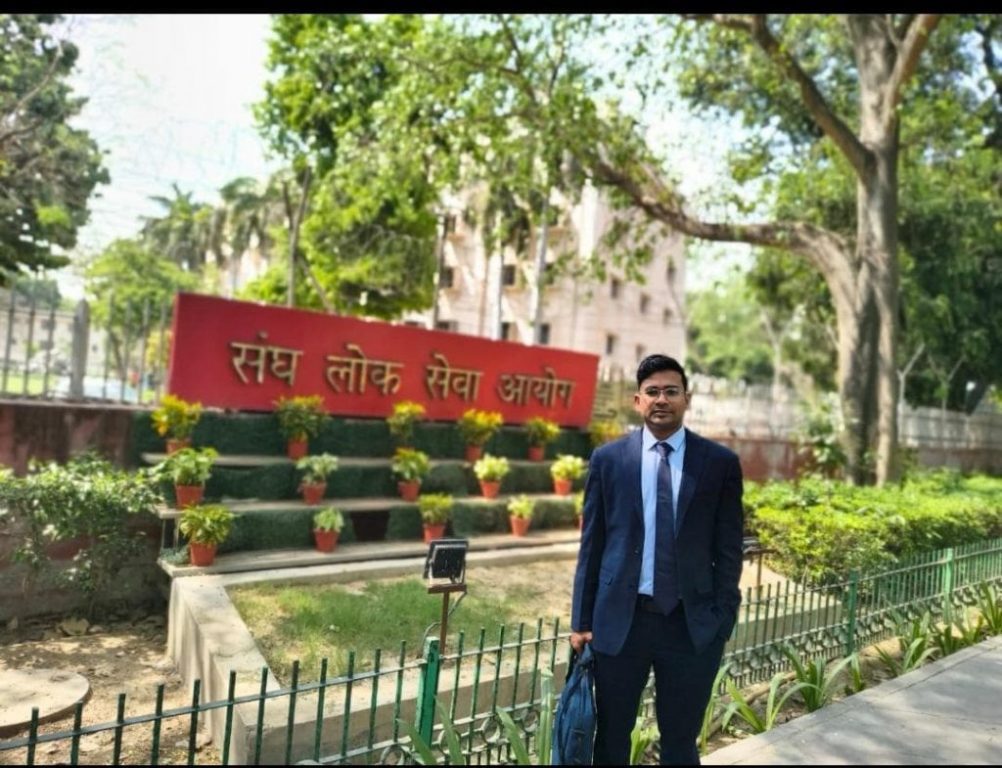
JOURNEY SO FAR
Divyanshu’s civil services journey began in 2019, when he made a life-changing decision – he left his job and moved to Delhi to prepare for the UPSC examinations. Over the course of five determined years, he appeared in five attempts for the CSE, out of which he cleared the Mains four times and reached the interview stage thrice.
His first attempt was in UPSC CSE 2020, where he couldn’t clear the prelims. However, in subsequent attempts, his consistent performance brought him to the interview round three times. Finally, in CSE 2023, his perseverance paid off – he secured an All India Rank (AIR) of 618.
While preparing for the CSE, Divyanshu also attempted the IFS exam. His first IFS attempt was in 2023, where he managed to clear the prelims but couldn’t progress further. However, in his second attempt – UPSC IFS 2024 – he made a stunning breakthrough, securing an impressive AIR 18.
Speaking about his success, he said with a smile, “This year, I solely focused on the IFS exam. I’m happy with where I am now, and I have no interest in giving further attempts.”
Reflecting on the long road behind him, he added, “It’s been almost five years – a long and intense journey. I initially began preparing for the Civil Services, but over time, I realized that the Indian Forest Service was my true calling. It’s been a roller-coaster ride, but now, I feel truly satisfied with where I’ve reached.”
BEST THING IN JOURNEY
Reflecting on his UPSC journey, Divyanshu highlighted one key factor that helped him stay motivated and maintain his momentum – consistently clearing the prelims.
“The best part of my journey was that I kept clearing the prelims in almost every attempt. That made a big difference. It took a lot of pressure off me,” he said.
He added, “If you’re writing the Mains consistently, it means you’re gradually building a deeper understanding of the exam. That consistency gave me confidence and kept me going. In my case, it truly made the journey more manageable and less stressful.”
BIGGEST STRUGGLE
Speaking about his biggest struggle in the journey, Divyanshu said, “My biggest struggle was dealing with repeated failures in the CSE, despite clearing the mains four times and attending three interviews. I was really hopeful of getting selected, but when it didn’t happen, it was a heartbreaking moment for me. Gradually, I started to realize that maybe my destiny lay elsewhere. Even though I finally got selected in UPSC CSE 2023 with a lower rank, I reflected on my failures and began considering the Indian Forest Service (IFS). Eventually, I decided to shift my focus and pursue IFS.”
BACKGROUND
He originally hails from Kota, Rajasthan, a city well-known for nurturing academic excellence. His father serves in the Rajasthan Pollution Control Board, while his mother is a homemaker – a strong support system behind his achievements.
His early education took place in Alwar, where his father was posted at the time. He studied there until Class 6, after which the family returned to Kota. From Class 7 to 12, Divyanshu completed his schooling in his hometown, laying a strong academic foundation.
With a clear focus and determination, he cracked the IIT-JEE – one of India’s toughest engineering entrance exams – and went on to pursue a dual degree (B.Tech + M.Tech) in Aerospace Engineering from the prestigious IIT Kanpur, graduating in 2017.
After completing his studies, he entered the private sector and worked for nearly 20 months in a Startup. However, the calling for public service grew stronger, and in 2019, he made the bold decision to leave his job and begin full-time preparation for the UPSC Civil Services Examination.
UPSC PREPARATION
Divyanshu began his UPSC journey in 2019, leaving his private-sector job to fully commit to preparation. He initially moved to Delhi, hoping for a more focused environment and access to coaching. During his time there, he enrolled in coaching classes specifically for his CSE optional subject – Hindi Literature.
However, just seven months into his preparation, the COVID-19 pandemic hit, forcing him to return home. From that point on, he continued his entire preparation through self-study, relying heavily on discipline, structure, and consistency.
For the IFS exam, Divyanshu chose Geology and Forestry as his optional subjects. Though he prepared mostly on his own, he did seek guidance through Planet Geo Mentorship for Geology, which helped him strengthen his grasp on the subject.
Reflecting on the contrast between coaching and self-study, he remarked, “If you have discipline and are committed to studying at home, then there’s not much difference between coaching and self-preparation.”
Divyanshu followed a strict daily routine, dedicating 8 to 9 hours every day to his studies. Even on his rest days – just a few per month – he made sure to study at least 3 to 4 hours to maintain continuity. He firmly believes that consistency is the real key in cracking the UPSC exams.
STRATEGY OF ATTEMPTING MORE THAN 90 QUESTIONS
For his final year of preparation, Divyanshu followed some important “thumb rules” shared by his seniors and mentors – lessons that helped him focus and perform confidently.
On the Prelims exam, he emphasized the importance of attempting 90 to 95 questions to secure a decent score above the cutoff. He explained that many new aspirants make a common mistake by attempting only 70 to 75 questions or even fewer, thinking this will boost their accuracy. However, he cautioned:
“When you actually sit in the exam hall and see the question paper, maintaining that high accuracy while attempting fewer questions becomes nearly impossible.”
Another crucial strategy he mentioned was to have a strong command over static subjects – especially conceptual areas like Polity, Economy, Science, and Geography. He advised aspirants to study these topics in depth, as UPSC tends to ask questions on similar themes each year, rather than throwing random questions. Building this core understanding can give you a big advantage.
Lastly, Divyanshu highlighted the importance of developing the right temperament during the two-hour exam. Staying calm and composed is essential, and this is where regular mock tests become invaluable. They help simulate exam conditions, build confidence, and reduce anxiety. He also recommended thoroughly practicing previous years’ question papers (PYQs) to better understand the exam pattern and question style. He added, “Don’t neglect the CSAT paper. Being well-prepared in CSAT can help you clear the prelims comfortably.”
INTERVIEW QUESTIONS
His interview went well but was quite challenging, with a strong focus on forestry. The board grilled him on technical concepts related to forestry. For instance, he was asked about possible technical solutions to manage tourist congestion in the eco-sensitive areas of Ranthambore Tiger Reserve. They also questioned him on conservation strategies for critically endangered species in Rajasthan, such as the Great Indian Bustard (Godawan).
The board members was also asked questions about his work experience. One member posed an interesting question about the ongoing debate on working hours. Some people support longer workweeks of 70 or 80 hours. The member then asked for his opinion. He responded thoughtfully, saying that quality, not quantity, is what matters. Focusing on quantity alone would strain the workforce and create a toxic work environment. The board member then presented a hypothetical situation: if he were a CEO, would he still prefer shorter working hours? He handled this question well and gave a practical response.

WHY CHOOSE UPSC AFTER AEROSPACE ENGINEERING?
He said, “The reason I chose UPSC was because I wanted a job with social interaction. In my previous job in Hyderabad, although the pay was decent, the work lacked any social interface. I was mostly confined to a cubicle, coding or talking to clients over the phone. That wasn’t sustainable for me in the long term. I needed a career that had a real social impact.”
“If my work positively affects society from the start, it means a lot to me and gives me a sense of fulfillment. While similar opportunities might exist in the private sector, they would likely take 10 or more years to materialize. In civil services, I could make that impact right from the beginning – that’s why I chose this path.”
SUGGESTIONS FOR ASPIRANTS
Giving advice to future UPSC candidates, Divyanshu said, “Before you start this journey, investigate it thoroughly. Understand what it truly involves and ask yourself if it’s really for you. Can you dedicate yourself 100% with full commitment? This will help you make an informed decision.”
He warned against falling into the trap of peer pressure – “Many students jump into this without fully knowing what lies ahead. Don’t make this mistake – your age and time are precious, and wasting them can impact your future prospects.”
For those already preparing, he stressed the importance of discipline – “Follow the thumb rules – consistency, discipline, and dedication are key.”
Divyanshu also recommended having a backup plan – “Having a Plan B is important as it strengthens your mental resilience. Without it, the mental strain over the years can take a toll. I faced such struggles myself, but I consider myself lucky. So, having a backup gives you peace of mind and keeps you strong during tough times.”

